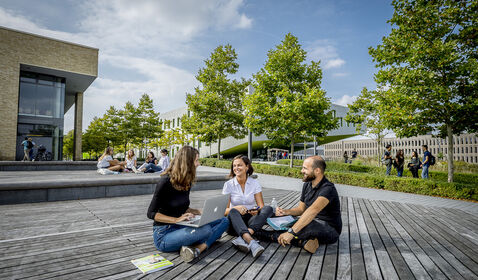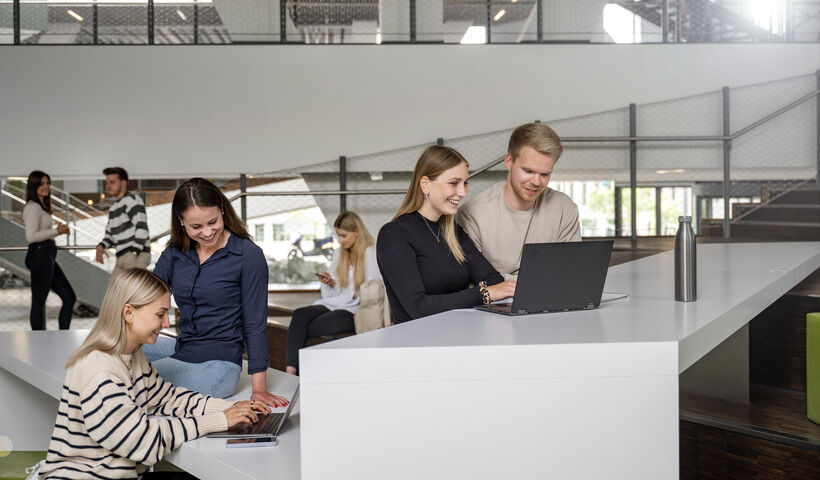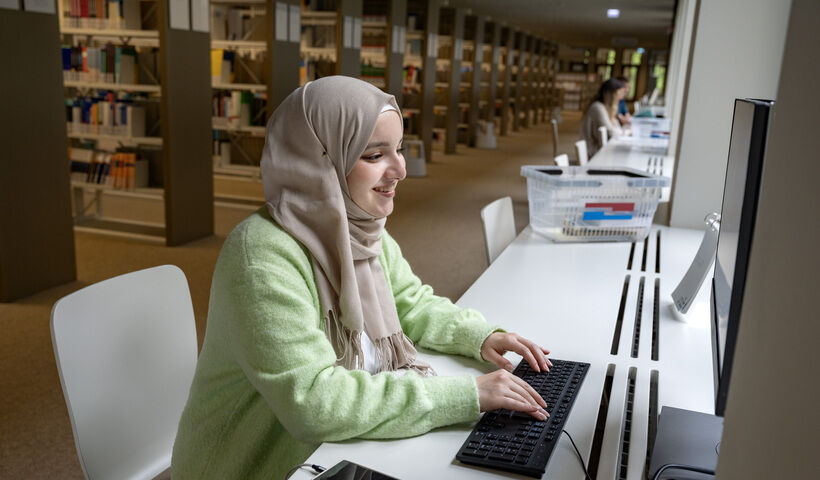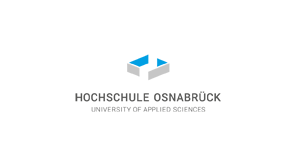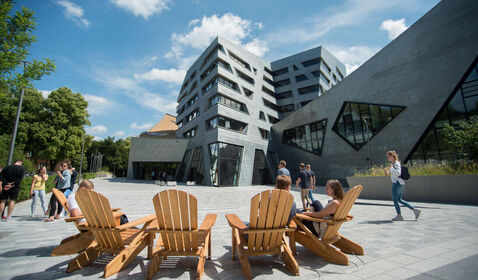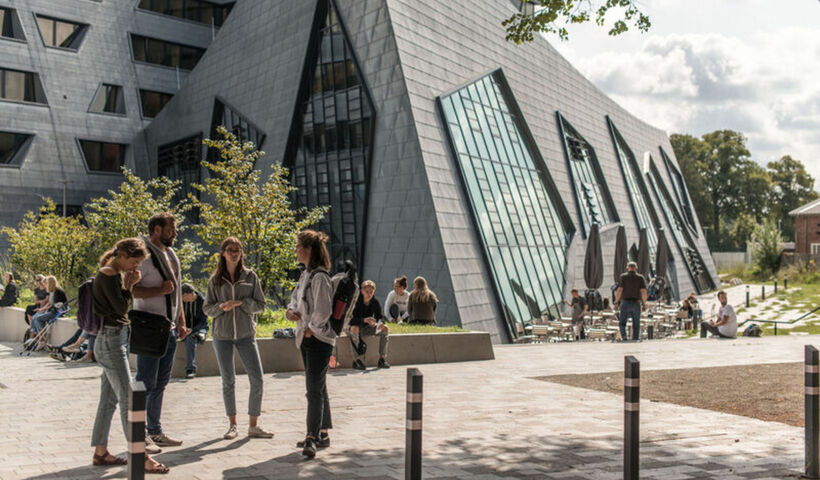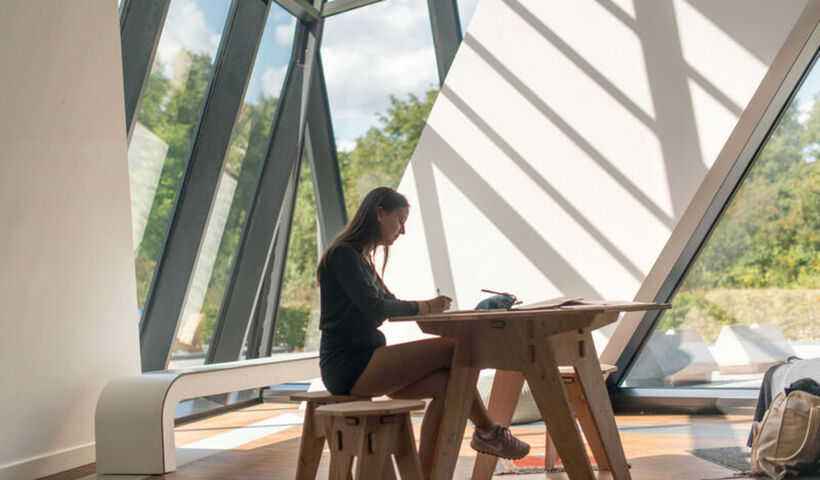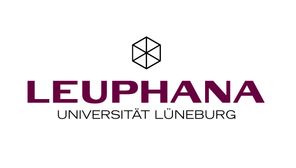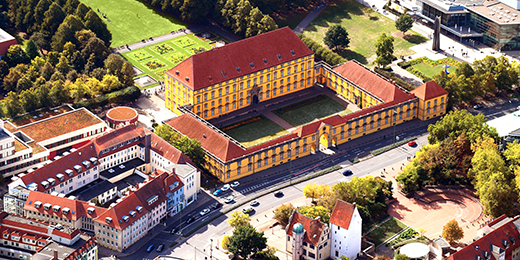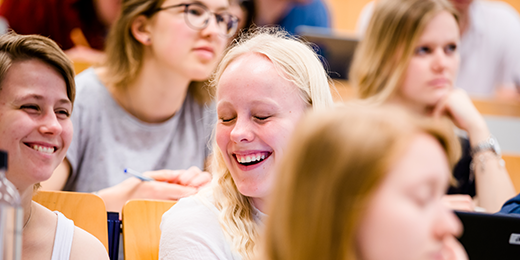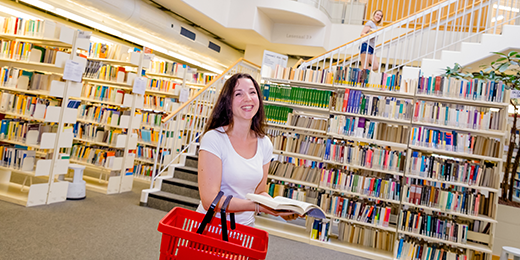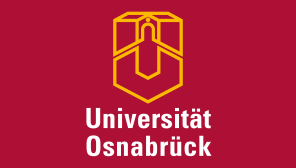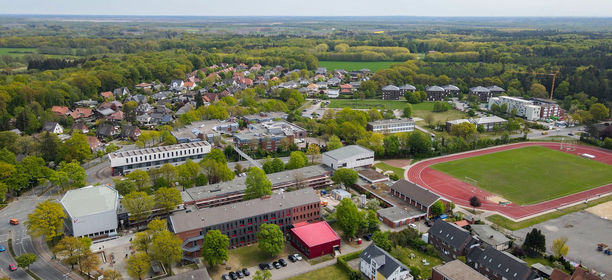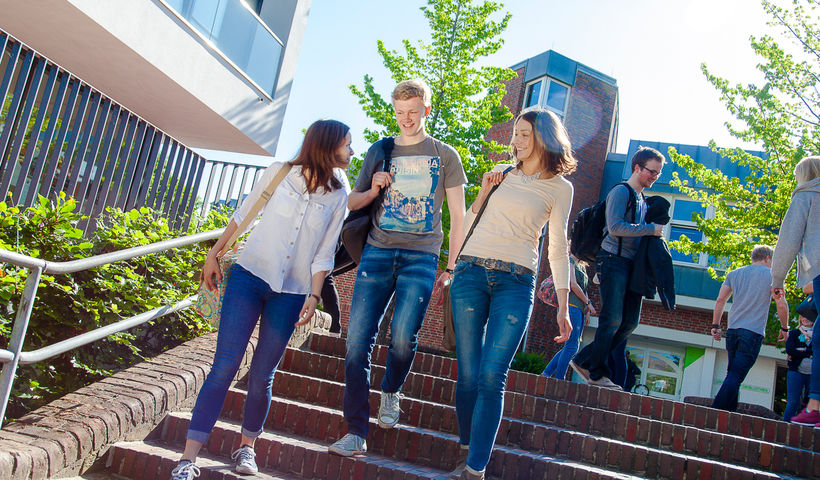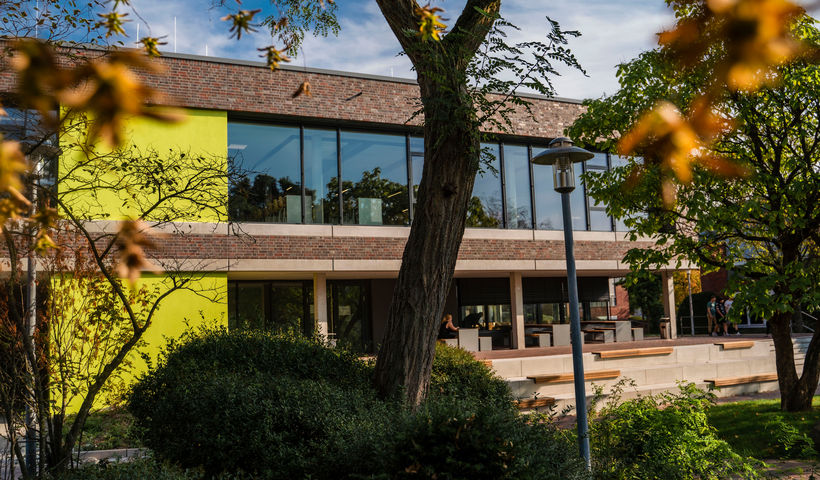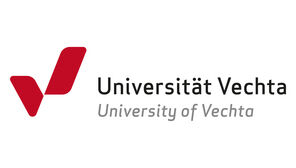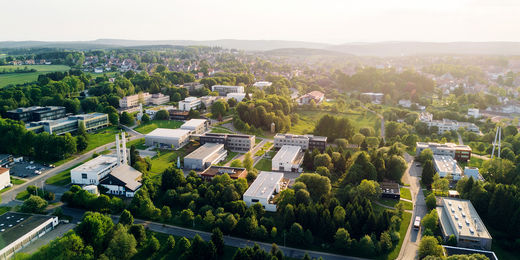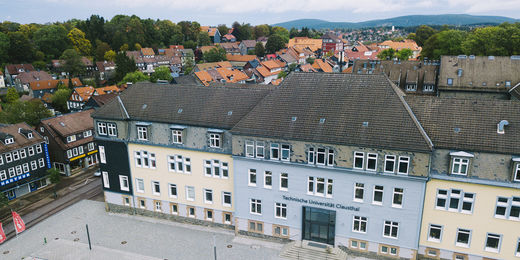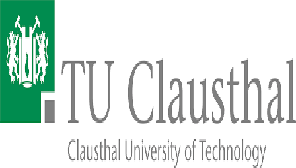Hochschule Emden/ Leer
- Promotionsrecht: Nein
- Trägerschaft: öffentlich-rechtlich
- 2009 gegründet
- 4.264 Studierende
Constantiaplatz 4
26723 Emden
Tel: 04921 807-0
Fax: 04921 807-1000
Hochschule im CHE-Ranking abschneiden.
Die Hochschule Emden/Leer gehört zu den Fachhochschulen / HAW.
Nein, du kannst an der Hochschule Emden/Leer nicht promovieren.
Die Hochschule Emden/Leer ist eine öffentlich-rechtliche Hochschule. Es gibt staatliche und staatlich anerkannte Hochschulen, die meist in Universitäten, Fachhochschulen (international: University of Applied Sciences) und Kunst- sowie Musikhochschulen unterteilt werden. Der überwiegende Teil der Hochschulen wird vom Staat finanziert und befindet sich daher in staatlicher Trägerschaft. Dort fallen in der Regel nur geringe Semesterbeiträge an. An den privaten Hochschulen hingegen, die sich über private Trägerschaften finanzieren, können wesentlich höhere Studiengebühren anfallen. Einen Weg, die finanziellen Hürden dieser Hochschulen zu umgehen, können Stipendien darstellen.
Es gibt außerdem Hochschulen, die von der protestantischen oder katholischen Kirche betrieben werden.
Die Hochschule Emden/Leer wurde im Jahr 2009 gegründet.
Insgesamt gibt es 4264 Studierende an der Hochschule Emden/Leer.
Standorte dieser Hochschule sind Emden und Leer.
Hier findest du die Fristen und Termine für deine Bewerbung:
- Vorlesungszeit:
-
23.09.2024 - 11.01.2025
- Studienanfänger:
-
Bis 30.09.2024
- Hochschulwechsler:
-
Bis 30.09.2024
- International Studierende aus der Europäischen Union:
-
Bis 30.09.2024
- International Studierende aus Staaten, die nicht Mitglied der EU sind:
-
Bis 30.09.2024
- Studienanfänger:
-
Bis 15.07.2024
- Hochschulwechsler:
-
Bis 15.07.2024
- International Studierende aus der Europäischen Union:
-
Bis 15.07.2024
- International Studierende aus Staaten, die nicht Mitglied der EU sind:
-
Bis 15.07.2024
- Studienanfänger:
-
Bis 30.09.2024
- Hochschulwechsler:
-
Bis 30.09.2024
- International Studierende aus der Europäischen Union:
-
Bis 30.09.2024
- International Studierende aus Staaten, die nicht Mitglied der EU sind:
-
Bis 30.09.2024
- Studienanfänger:
-
Bis 15.07.2024
- Hochschulwechsler:
-
Bis 15.07.2024
- International Studierende aus der Europäischen Union:
-
Bis 15.07.2024
- International Studierende aus Staaten, die nicht Mitglied der EU sind:
-
Bis 15.07.2024
- Vorlesungszeit:
-
04.03.2024 - 05.07.2024
- Studienanfänger:
-
Die Frist ist abgelaufen
- Hochschulwechsler:
-
Die Frist ist abgelaufen
- International Studierende aus der Europäischen Union:
-
Die Frist ist abgelaufen
- International Studierende aus Staaten, die nicht Mitglied der EU sind:
-
Die Frist ist abgelaufen
- Studienanfänger:
-
Bis 15.01.2025
- Hochschulwechsler:
-
Die Frist ist abgelaufen
- International Studierende aus der Europäischen Union:
-
Die Frist ist abgelaufen
- International Studierende aus Staaten, die nicht Mitglied der EU sind:
-
Die Frist ist abgelaufen
- Studienanfänger:
-
Die Frist ist abgelaufen
- Hochschulwechsler:
-
Die Frist ist abgelaufen
- International Studierende aus der Europäischen Union:
-
Die Frist ist abgelaufen
- International Studierende aus Staaten, die nicht Mitglied der EU sind:
-
Die Frist ist abgelaufen
- Studienanfänger:
-
Die Frist ist abgelaufen
- Hochschulwechsler:
-
Die Frist ist abgelaufen
- International Studierende aus der Europäischen Union:
-
Die Frist ist abgelaufen
- International Studierende aus Staaten, die nicht Mitglied der EU sind:
-
Die Frist ist abgelaufen
- Vorlesungszeit:
-
23.09.2024 - 11.01.2025
- Studienanfänger:
-
Bis 30.09.2024
- Hochschulwechsler:
-
Bis 30.09.2024
- International Studierende aus der Europäischen Union:
-
Bis 30.09.2024
- International Studierende aus Staaten, die nicht Mitglied der EU sind:
-
Bis 30.09.2024
- Studienanfänger:
-
Bis 15.07.2024
- Hochschulwechsler:
-
Bis 15.07.2024
- International Studierende aus der Europäischen Union:
-
Bis 15.07.2024
- International Studierende aus Staaten, die nicht Mitglied der EU sind:
-
Bis 15.07.2024
- Studienanfänger:
-
Bis 30.09.2024
- Hochschulwechsler:
-
Bis 30.09.2024
- International Studierende aus der Europäischen Union:
-
Bis 30.09.2024
- International Studierende aus Staaten, die nicht Mitglied der EU sind:
-
Bis 30.09.2024
- Studienanfänger:
-
Bis 15.07.2024
- Hochschulwechsler:
-
Bis 15.07.2024
- International Studierende aus der Europäischen Union:
-
Bis 15.07.2024
- International Studierende aus Staaten, die nicht Mitglied der EU sind:
-
Bis 15.07.2024
- Vorlesungszeit:
-
04.03.2024 - 05.07.2024
- Studienanfänger:
-
Die Frist ist abgelaufen
- Hochschulwechsler:
-
Die Frist ist abgelaufen
- International Studierende aus der Europäischen Union:
-
Die Frist ist abgelaufen
- International Studierende aus Staaten, die nicht Mitglied der EU sind:
-
Die Frist ist abgelaufen
- Studienanfänger:
-
Bis 15.01.2025
- Hochschulwechsler:
-
Die Frist ist abgelaufen
- International Studierende aus der Europäischen Union:
-
Die Frist ist abgelaufen
- International Studierende aus Staaten, die nicht Mitglied der EU sind:
-
Die Frist ist abgelaufen
- Studienanfänger:
-
Die Frist ist abgelaufen
- Hochschulwechsler:
-
Die Frist ist abgelaufen
- International Studierende aus der Europäischen Union:
-
Die Frist ist abgelaufen
- International Studierende aus Staaten, die nicht Mitglied der EU sind:
-
Die Frist ist abgelaufen
- Studienanfänger:
-
Die Frist ist abgelaufen
- Hochschulwechsler:
-
Die Frist ist abgelaufen
- International Studierende aus der Europäischen Union:
-
Die Frist ist abgelaufen
- International Studierende aus Staaten, die nicht Mitglied der EU sind:
-
Die Frist ist abgelaufen


